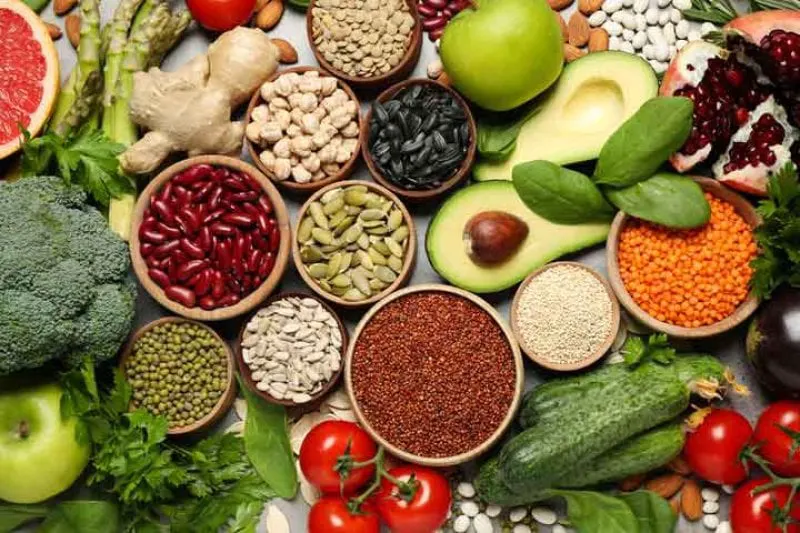Overall, when it comes to crops that produce food like fruits and vegetables, the main difference is that organic is produced without the use of synthetic chemicals, says Melanie Hingle, Ph.D., M.P.H., RDN. ….
But here’s the kicker—organic doesn’t necessarily mean pesticide-free…says Meghan Garrity, M.S., RD, CSO…
Garrity notes that lowering exposure to these pesticides doesn’t automatically translate into an outcome like cancer prevention…
Organic and conventional foods differ in many ways, one of which is the use of pesticides. Organic foods cannot be grown using synthetic pesticides, though that does not mean they’re pesticide-free. Although there is evidence of less pesticide residue in the urine after eating an organic diet, it’s unclear whether that directly translates to a lower risk of cancer. What’s more, the evidence also isn’t certain that an organic diet will offer more protection against cancer compared to one containing conventional food. In fact, when it comes to cancer prevention, research shows that your overall diet is what’s most important. Whether you choose organic or not, any fruits and vegetables are better than none….





















 A single high dose of LSD can ease anxiety and depression for months
A single high dose of LSD can ease anxiety and depression for months From plastic coasters to human hearts: Inside the race to print the human body
From plastic coasters to human hearts: Inside the race to print the human body CRISPR pork: U.S. approves first gene-edited pigs for consumption
CRISPR pork: U.S. approves first gene-edited pigs for consumption ‘SuperAgers’: Why some people have the brains and memory capacity of people decades younger
‘SuperAgers’: Why some people have the brains and memory capacity of people decades younger  Baby food panic, brought to you by trial lawyers hoping to prosecute by press release
Baby food panic, brought to you by trial lawyers hoping to prosecute by press release Viewpoint: Life and death decisions: RFK, Jr.’s shady FDA “expert panels” operate in secret with no transcripts or conflict of interest reviews
Viewpoint: Life and death decisions: RFK, Jr.’s shady FDA “expert panels” operate in secret with no transcripts or conflict of interest reviews From ‘Frankenfood’ to superfood: Can the purple tomato overcome GMO myths to win over consumers?
From ‘Frankenfood’ to superfood: Can the purple tomato overcome GMO myths to win over consumers? When farmers deny science: The hypocrisy hurting agriculture’s credibility
When farmers deny science: The hypocrisy hurting agriculture’s credibility
